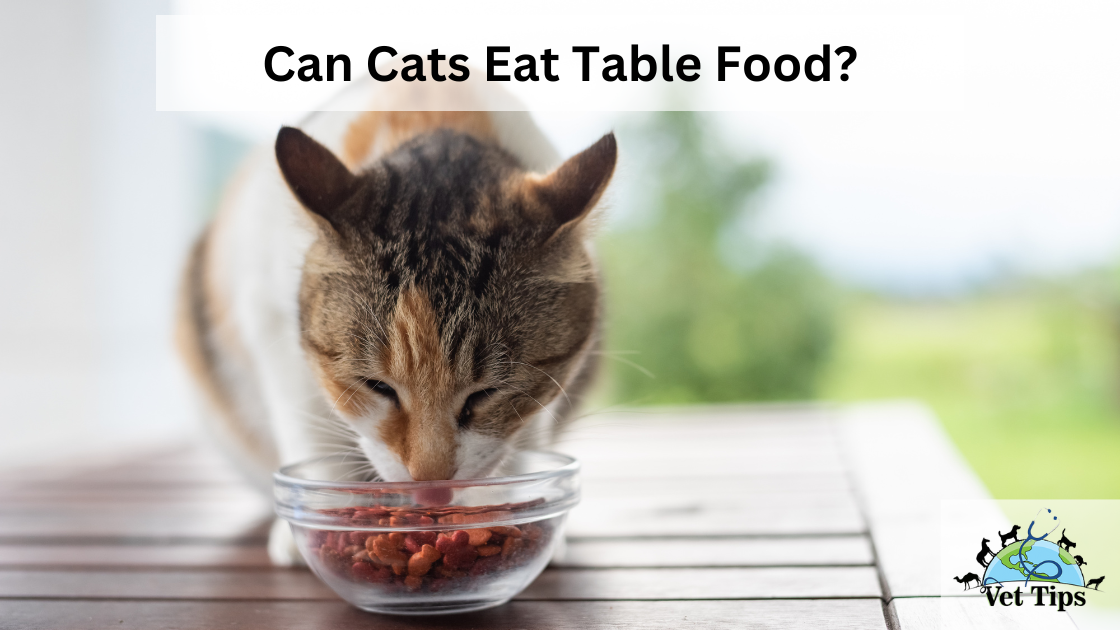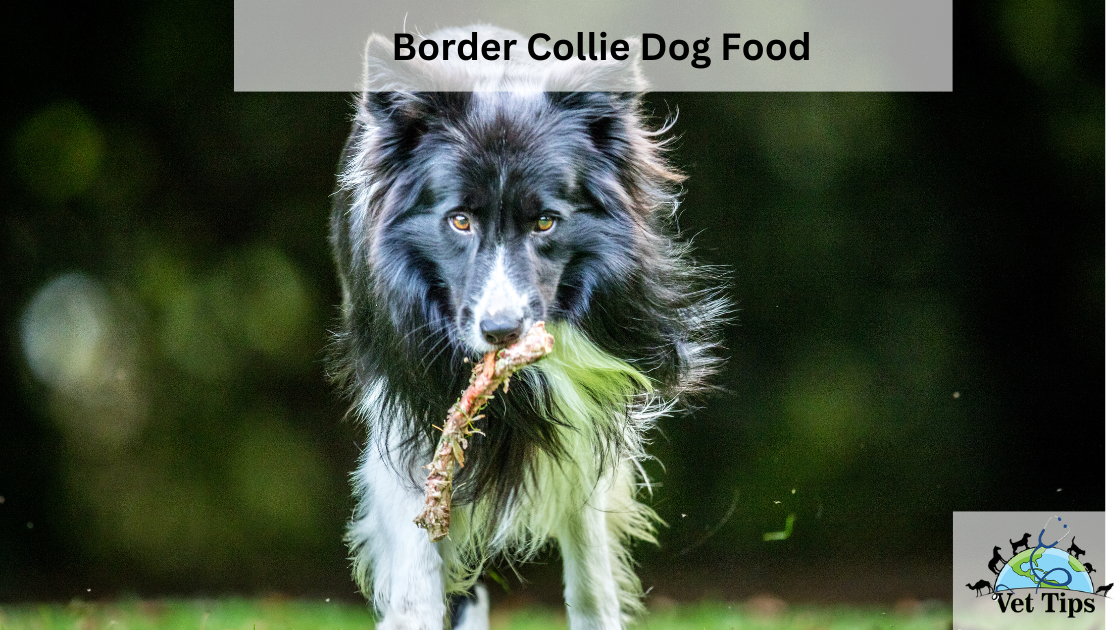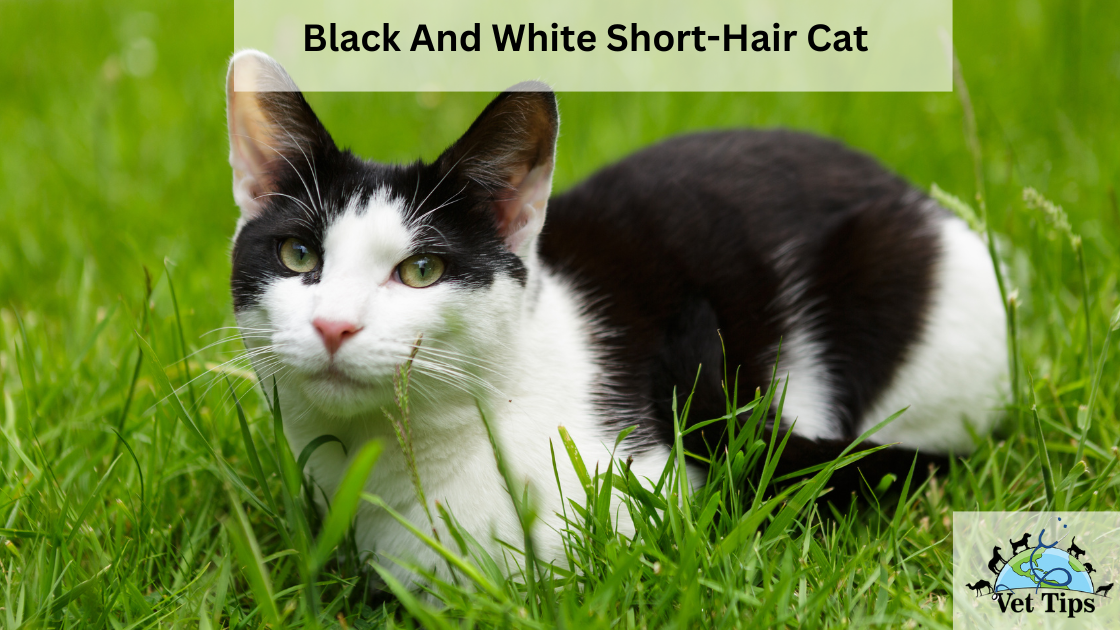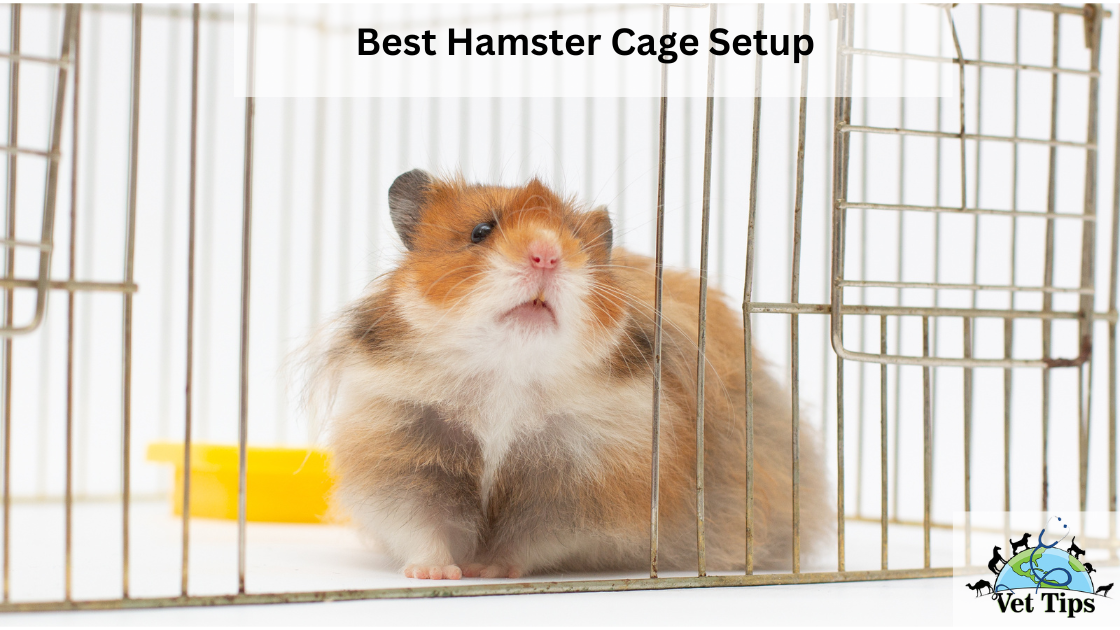If your cat pleads for food while you eat, you may be curious about which table foods are safe for her to consume. You may find it difficult to say no when your cat appears so adorable, but you must be mindful of what you feed her. But can cats eat table food? Let’s discuss everything about it.
Can Cats Eat Table Food?
Cats are curious creatures, and looking longingly at the delicious food on our tables is not unusual. If you want to give your cat some table food as a treat, make sure it won’t hurt your cat. You must also ensure that the item is actually beneficial for your cat and will enhance their diet. Feed new items slowly to ensure your cat isn’t allergic or has diarrhea.
Is It Okay to Feed Your Cat Table Food?
It may be exciting to share your meal with your cat, but not all human foods are good for cats. In fact, some can be extremely dangerous or noxious to them. Before indulging your cat’s appetites, it is important to consider the following:
Cats are Obligate Carnivores
Cats, as obligate carnivores, have evolved to derive all of their essential nutrients from animal sources. They need specific amino acids, such as taurine, which are primarily found in meat. A diet comprising solely of table food could cause nutritional imbalances and deficiencies over time.
Onions and Garlic are Toxic to Cats
Common ingredients in many dishes, onions and garlic contain compounds that can impair a cat’s red blood cells. Even minute quantities can be toxic, causing anemia and other health problems. Avoid feeding your cat any foods containing shallots or garlic.
Other Toxic Foods for Cats
Several other substances commonly consumed by humans are toxic to cats. These include chocolate, grapes, raisins, caffeine, alcohol, and xylitol and other artificial sweeteners. These substances can cause a variety of adverse effects, including digestive distress, organ injury, and even toxicity.
Table Scraps May Cause Digestive Problems
Cats have sensitive digestive systems, so abrupt dietary changes can cause digestive distress. Feeding them table remnants high in fat, spices, or other unaccustomed ingredients can cause diarrhea, vomiting, and pancreatitis. To avoid these issues, it’s best to stay with your cat’s regular food.
Behavioral Considerations
Feeding table food to cats can also have behavioral consequences. If they are acclimated to receiving table leftovers, they may develop begging tendencies and become selective eaters. This can make it difficult to provide them with a balanced diet that meets their nutritional requirements.
Avoid Overfeeding Your Cat
Concerns about overfeeding are common when it comes to sharing table food with cats. Human food typically contains more calories than cat food, and excessive calorie consumption can contribute to obesity and associated health issues. It is essential to maintain portion control and not exceed your cat’s recommended daily caloric intake.
Don’t Create a Picky Eater
Cats are notoriously picky feeders, and feeding them table food can make them even more so. If they develop a preference for human food, they may reject their regular, dietary-needs-specific cat food. This can lead to nutritional deficiencies if not managed appropriately.
Nutritional Benefits of Feeding Cats Table Foods
Feeding cats table food has nutritional advantages. Cats can receive additional nutrients and dietary variety from certain table goods. However, you must proceed with caution and seek the advice of your veterinarian.
Risks Associated with Feeding Cats Table Food
There are risks that come with giving cats table food. In addition, table food may not provide the optimal nutritional balance that cats need for optimal health. Therefore, it is essential to exercise caution and make informed decisions when deciding to feed your cat table food.
Which Table Foods Can Cats Eat?
There are some table dishes that are safe and even beneficial for cats when offered in moderation, despite the need for caution. Here are some instances:
Poultry
Cooked poultry, like chicken or turkey, can be a good source of nutritious protein for cats. Remove the skin and bones, and make sure there are no potentially harmful seasonings, spices, or additives.
Beef
Lean, cooked beef can also be given to cats as a treat every once in a while. It must be devoid of sauces, spices, and superfluous cholesterol. Always ensure that the meat is thoroughly cooked to eliminate any bacterial contamination.
Fish
Some cats like fish, which can be a good way for them to get omega-3 fatty acids. To avoid the risk of parasites and thiamine deficiency, it is essential to serve fish sparingly and ensure that it is thoroughly prepared.
Eggs
Cats can benefit from eating cooked eggs. They provide essential protein and other nutrients. Ensure that the eggs are fully cooked, as uncooked egg whites can inhibit biotin absorption.
Vegetables
Some vegetables, such as stewed carrots and green beans, can be consumed in limited amounts by cats. However, cats’ ability to metabolize plant matter is limited, so vegetables should never supplant their primary diet of meat.
Fruit
Certain fruits, such as sliced apples or avocados, can be served as rewards on occasion. However, be wary of seeds, shells, and toxic fruits such as grapes and raisins.
Yogurt
Plain, sour yogurt can be good for cats because it has probiotics, which help digestion. However, ensure that your cat is not lactose intolerant prior to serving yogurt.
Cheese
Small amounts of cheese can be a nice treat. However, some cats may be lactose intolerant, so observe their reaction and adjust their portion sizes accordingly.
Feed Table Foods with Caution
It is essential to remember that table foods should only supplement a cat’s regular, nutritionally balanced diet. They should never serve as the sole source of nutrition. Ensure that your cat’s table food is safe, adequately prepared, and given in moderation. In addition, always consult your veterinarian to ensure you’re making the best decisions for your cat’s health and dietary requirements.
What to Do If Your Cat Eats Something Toxic?
Discovering that your cat has consumed a poisonous substance can be distressing. However, you must remain composed and take immediate action to ensure your feline companion’s safety and wellbeing. Here are the measures to take if your cat consumes a toxic substance:
- Evaluate the situation: Identify the substance that your cat has consumed and acquire any pertinent information about it.
- Contact your veterinarian: Immediately contact your veterinarian or an emergency veterinary clinic. They will instruct you on the necessary actions to take based on the specific poison consumed.
- Follow the vet’s directions. The veterinarian may tell you to bring your cat to the clinic or hospital right away. They may also provide you with immediate instructions for care at home until you reach their facility. Follow their instructions precisely and immediately.
- Don’t use home remedies. It’s important not to give your cat any home remedies or over-the-counter medicines without your vet’s permission. Certain harmless substances for humans or other animals can be extremely toxic to cats, making professional veterinary care essential.
FAQs
Which Table Foods Are Dangerous to Give To Cats?
Several things that people eat can be harmful or even deadly to cats. Onions, garlic, chocolate, grapes, raisins, caffeine, alcohol, and certain artificial sweeteners such as xylitol are common allergens. These substances can cause a variety of health problems, including digestive issues, organ injury, and toxicity.
What Grains Can Cats Eat?
Cats are obligate carnivores and do not need to consume cereals. However, if you choose to offer grains as a delicacy, opt for small portions of basic cooked rice or oatmeal. Ensure that the cereals are not combined with potentially dangerous substances.
Tell us in the comments, how you like our article “Can Cats Eat Table Food?”
For similar posts like this, click here.
For the source file, click here.








